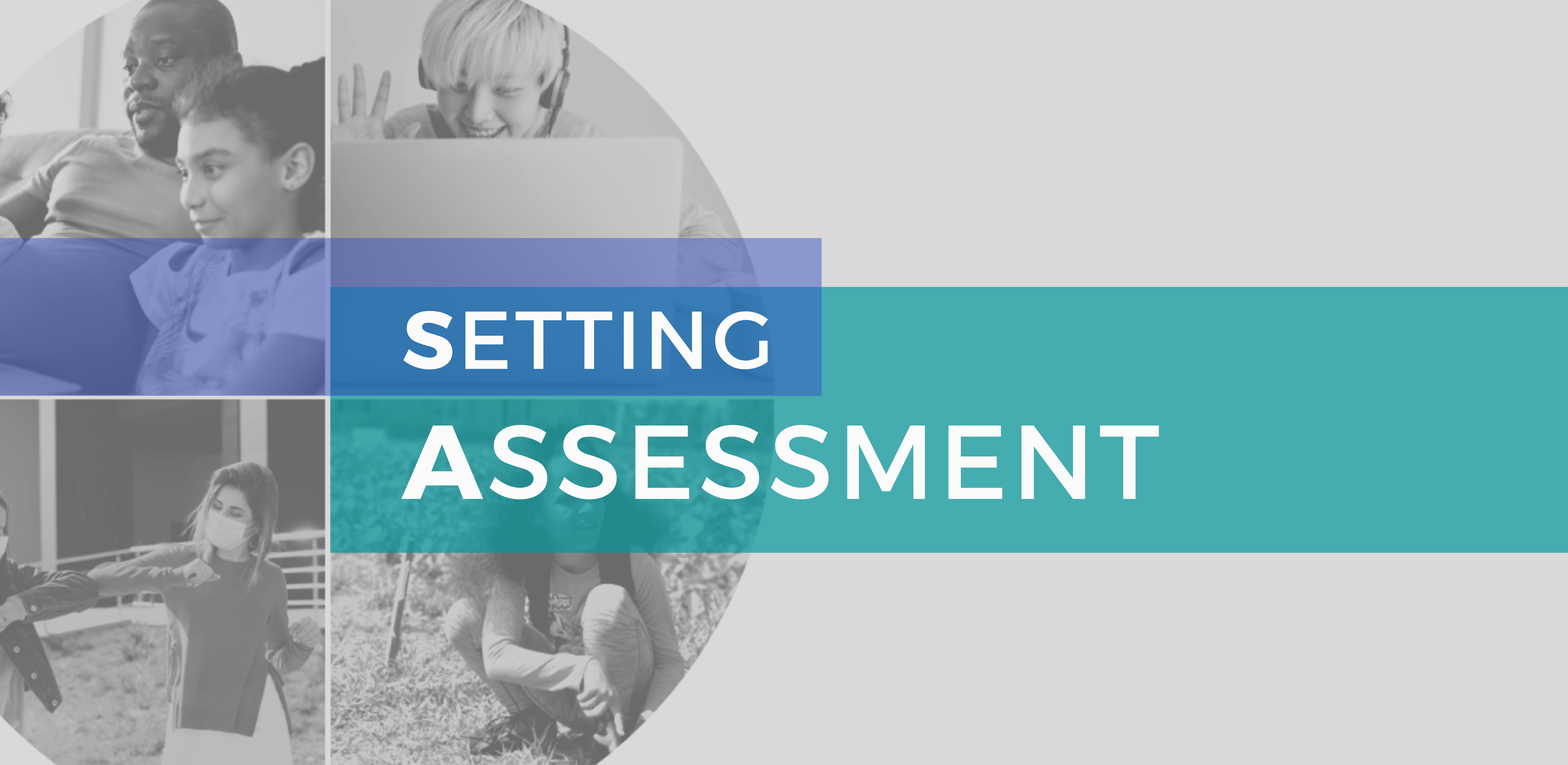Page 3 of 8
Guidance for Out-of-School Time Learning at a Distance
The Guidance for Out-of-School Time Learning at a Distance (GOLD) is a program quality assessment for 21st Century Community Learning Centers (21st CCLC) and other community-based programs (e.g., school-age childcare, YMCA, 4 H, Boys & Girls Clubs) that have transitioned virtual, socially distanced in-person, and blended service models. For these new models, the GOLD will: Help … Continue reading Guidance for Out-of-School Time Learning at a Distance
August 1, 2020
Guidance for Out-of-school time Learning at a Distance (GOLD)
The Guidance for Out-of-School Time Learning at a Distance (GOLD) is a program quality assessment for 21st Century Community Learning Centers (21st CCLC) and other community-based programs (e.g., school-age childcare, YMCA, 4 H, Boys & Girls Clubs) that have transitioned virtual, socially distanced in-person, and blended service models. For these new models, the GOLD will: … Continue reading Guidance for Out-of-school time Learning at a Distance (GOLD)

Tags: Measures, Observational Measure, Pandemic Response
March 24, 2021
Home – New Lens
See Children and Youth Through a New Lens With Compassionate Coaching and Evaluation Schedule a Consultation WHAT WE DO We empower programs to nurture human potential. At QTurn LLC, we are dedicated to unlocking the full potential of children through meaningful impact assessment and other innovative approaches in Out of School Time (OST) programs. Our … Continue reading Home – New Lens
June 10, 2024
How could OST address climate change?
With the publication of the IPCC report[1], it’s not difficult to conclude that our current political leadership is not going to take us where we need to go, and we can’t wait anymore. The scientists are telling us right now, in clear language, that the time is up: Major transformations in our thinking and behavior … Continue reading How could OST address climate change?

April 7, 2022
How the Q-ODM impact model is a more cost-effective form of the quasi-experimental design (QED)
The Quality-Outcomes Design and Methods (Q-ODM) approach to program evaluation increases the use value of all estimates produced as part of an impact analysis. Put simply: We replace the “no-treatment” counterfactual condition (i.e., children who were not exposed to an afterschool program) with low-implementation conditions (e.g., children who were exposed to lower-quality instructional practices in an afterschool … Continue reading How the Q-ODM impact model is a more cost-effective form of the quasi-experimental design (QED)

January 12, 2022
Impact Evaluation for the Palm Beach County Quality Improvement System
Quality Improvement System (QIS) exposure moves afterschool programs to higher quality, increasing access to developmentally powerful settings and building children’s social and emotional learning skills. Higher quality is defined in terms of the quality of instruction (i.e., individuation, basic/advanced SEL, enrichment content), the stability of staff tenure, and evidence of children’s SEL skill growth. In … Continue reading Impact Evaluation for the Palm Beach County Quality Improvement System
Tags: agile analytics, high quality, pattern-centered analysis, quality improvement, youth outcomes
May 16, 2024
Impact Evaluation for the Parent Child Plus Program
This Executive Summary was developed to facilitate discussion and decision making. The detailed findings and method are available in the full report, Impact Evaluation for the Parent Child Plus Program, Newark Trust for Education (2020), and the technical appendices available upon request. The Newark Trust for Education (NTE) Parent Child Plus (PC+) program is an … Continue reading Impact Evaluation for the Parent Child Plus Program
Impact Evaluation for the Parent Child Plus Program
The Newark Trust for Education (NTE) Parent Child Plus (PC+) program is an evidence-based early childhood education program for families in the Newark, NJ. NTE seeks to evaluate performance by conducting analyses of existing data for a cohort of over 80 families, assessed four times over 46 weeks using observational measures of parenting practices and … Continue reading Impact Evaluation for the Parent Child Plus Program
Tags: agile analytics, Q-ODM Toolbox, SEL, youth outcomes
Introduction to QTurn White Papers
The first in a series of four, “Socio-Emotional Skills, Quality, and Equity,” provides a translational framework for understanding our relatively unique view of the key parts of a socio-emotional skill set. We develop a case for supplementing the traditional focus on student beliefs and behavior with a much more extensive focus on students’ emotional life and the attention skills necessary for becoming the primary authors of their own development.

November 21, 2021
Introduction to White Paper 2
Welcome back! In this second white paper, Measuring Socio-Emotional Skill, Impact, and Equity Outcomes, we extend from the White Paper 1 skill framework to discuss implications for accurate measurement. We are pleased to share these hard-won lessons from two decades of trying to describe the actual outcomes of “broad developmentally-focused programs” – which means trying to … Continue reading Introduction to White Paper 2

December 30, 2021